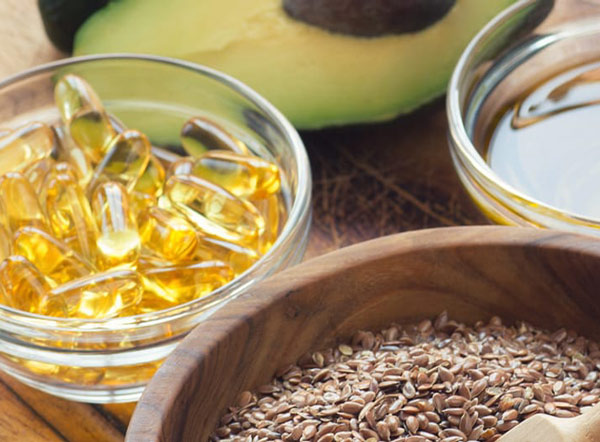Sophisticated analyses of two clinical trials suggest that thousands of early preterm births could be prevented if pregnant women took a daily supplement of the essential fatty acid Docosahexaenoic Acid (DHA).
DHA is an omega-3 essential fatty acid and is typically abbreviated as “DHA” on supplement labels.
The two clinical trials were conducted in the United States and Austrailia and concentrated on patient-participants who were at or before 34 weeks gestation.
The randomized controlled trials, in which the pregnant women took daily DHA supplements, independently found statistically significant reductions in early preterm birth.
Two countries, two studies, same results
The statistical model examined low, moderate and high-risk births from mothers supplemented with DHA during pregnancy as compared to placebo controls.
The researchers estimated that more than 106,000 high-risk early preterm births could be avoided in the U.S. and about 1,100 could be prevented in Australia each year if pregnant women took daily supplements of the omega fatty acid.
Infants born very preterm often require lifesaving treatments and longer hospitalizations at birth. They also have an increased risk for additional hospitalizations in the first year of life.
Preterm infants are also at risk for serious disability or death the earlier they are born, said Susan Carlson, Professor of Nutrition at the University of Kansas Medical Center, who co-directed the U.S. study with John Colombo, KU professor of psychology and director of the Life Span Institute.
“At present there is no effective method to prevent spontaneous early preterm birth,” Carlson said. “Our recent studies suggest that DHA could be a promising agent for reducing this critical public health problem.”
DHA occurs naturally in cell membranes, with the highest levels occurring in brain cells. Levels can be increased by a change in diet or with supplements.
Infants suffer due to poor diet choices of mothers
An infant obtains DHA from his or her mother in utero and postnatally from human milk, but the amount received depends upon the mother’s DHA status, Carlson said.
“U.S. women typically consume less DHA than women in most of the developed world,” Carlson said. “The intake of DHA in both the U.S. and Australia is well below that reported by Japanese women.”
The study was published in Prostaglandins, Leukotrienes and Essential Fatty Acids.
Due to the high number of contaminated oils found in EFA products, when choosing an EFA supplement it is important to utilize a proven product with a long history of quality and safety.
Optimal E.F.A. from Optimal Health Systems is the original plant-sourced EFA product. For two decades Optimal E.F.A. has provided beneficial oils sourced from borage oil, flaxseed oil and algae oil.
– – –
Source: Elsevier.com, ScienceDaily.com.


